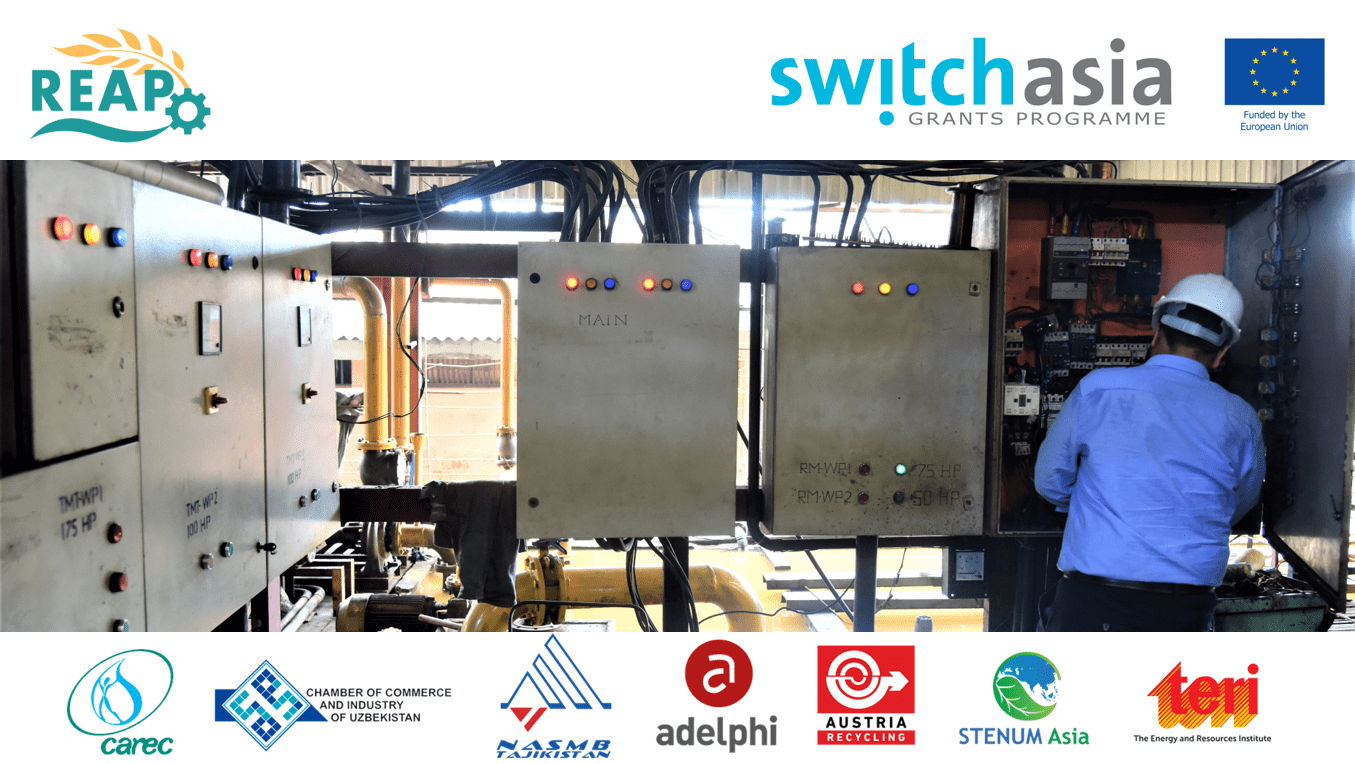
23/10/2020, Almaty, Kazakhstan. The REAP (Resource Efficiency in Agri-food Production and Processing) project promotes Sustainable Consumption and Production (SCP) practices in the agri-food production and processing industries in Central Asia along the entire supply chain in Uzbekistan and Tajikistan. The four-year project started in March 2020 and just as the project activities, including training of local teams on SCP and visiting MSMEs to provide SCP consulting services were about to be rolled out, COVID-19 related restrictions came into force. The project team utilised the time to prepare management structures, internal coordination meetings and other such activities that did not require travel and physical meetings.
With some easing of travel within countries, the REAP project team has come up with a unique approach that combines on-site consulting by local teams and on-line support by the international experts to start to introduce the REAP project to MSMEs and to initiate actions on the ground.
This approach requires well-aligned actions between team members despite the physical distance separating the team. Therefore, a detailed Orientation Training has been developed. This Orientation Training will be delivered online by international experts for specially selected local teams’ members from Chamber of Commerce and Industry of Uzbekistan and National Association of Small and Medium Business of the Republic of Tajikistan, as well as some nominated participants from Regional Environmental Centre for Central Asia (CAREC).
CAREC is pleased to announce that an Orientation Training for REAP team members from Tajikistan and Uzbekistan will take place on 2 and 5 November. This would be facilitated by SCP experienced trainers from Austria Recycling, The Energy and Resources Institute and STENUM Asia.
About REAP: REAP is a 4-year project (2020-2024) supported by the European Union under the SWITCH Asia Programme. This programme emphasizes sustainable consumption and production in MSMEs. REAP is targeted specifically at the agri-food production and processing sector in Uzbekistan and Tajikistan. It aims to introduce resource efficiency practices and technologies that lead to improved environmental quality and combat pollution.
